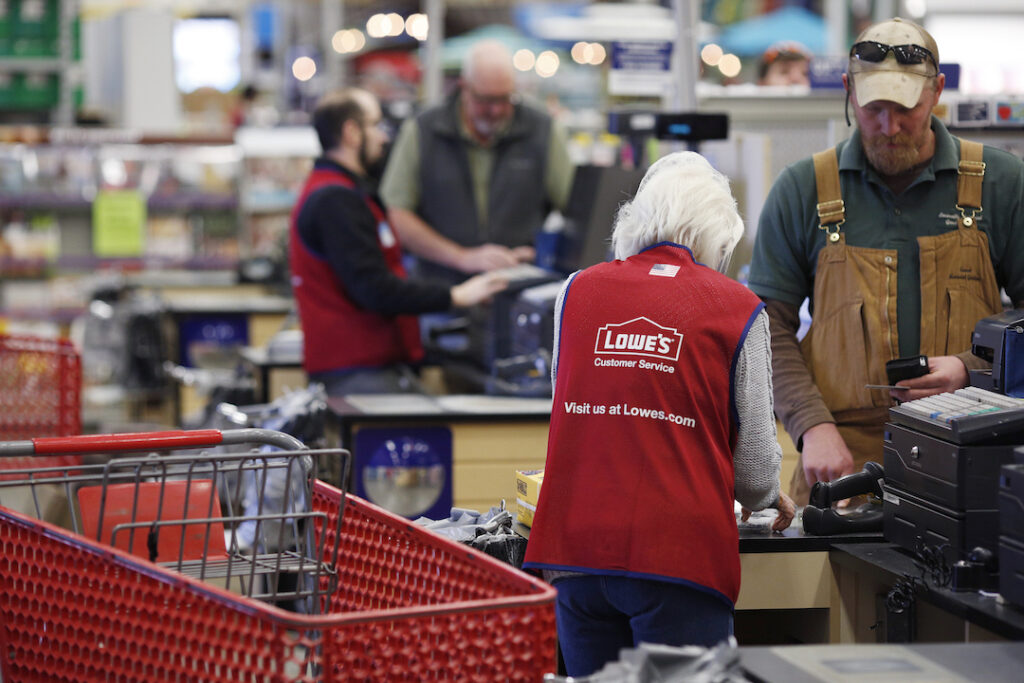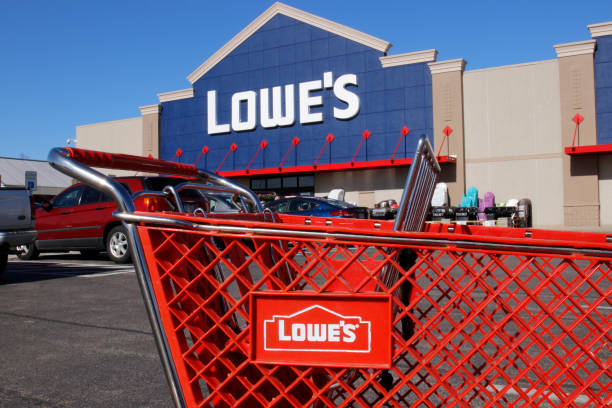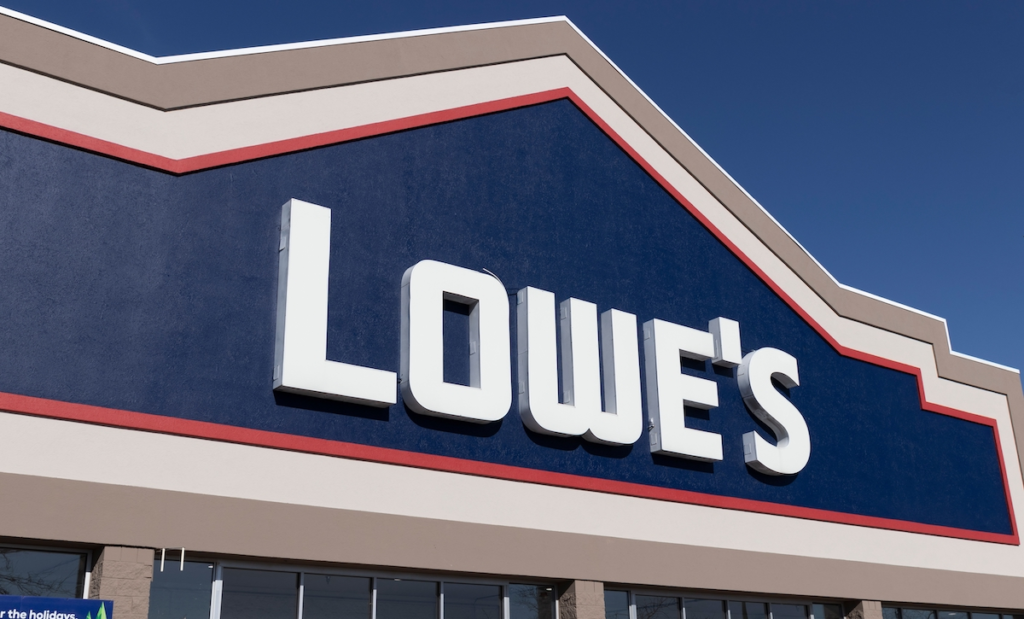In a society often characterized by its relentless pace and the demands of consumerism, Nationwide hardware chain Lowe’s decision to close all its U.S. stores for a full 24 hours on Easter, April 20th, resonates beyond a simple act of corporate goodwill. While the move directly benefits the company’s dedicated workforce, allowing them a cherished day with family and friends, it also prompts a broader reflection on work-life balance, corporate values, and the evolving expectations of both employees and consumers in America today.
Lowe’s CEO, Marvin Ellison, expressed his pride in the company’s employees and their unwavering commitment to providing exceptional customer service throughout the year. He stated, “Our associates are the heart and soul of our company, and we are grateful for their dedication to serving our customers. Closing our stores on Easter is a small way to show our appreciation for their hard work and sacrifice.”

For Lowe’s 300,000-plus employees across 1,700 locations, this annual closure, now in its fifth consecutive year, is a tangible demonstration that their hard work is valued beyond mere productivity metrics. In an era where retail employees often face demanding schedules, particularly around holidays, this guaranteed day off provides a rare opportunity to fully engage in personal celebrations and recharge. As one might imagine, the sentiment within these workforces likely extends beyond simple gratitude, fostering a sense of belonging and loyalty to a company that prioritizes its people.
However, the implications extend to Lowe’s customer base as well. In a retail landscape where convenience often reigns supreme, a temporary nationwide shutdown might seem counterintuitive. Yet, it subtly communicates a message about the company’s priorities. It suggests a willingness to temporarily forgo sales in favor of upholding values centered around employee well-being and the importance of family time. This can, in turn, resonate positively with consumers who are increasingly conscious of the social and ethical practices of the companies they support.
The decision also subtly challenges the ingrained societal expectation of constant accessibility. In a world where online shopping blurs the lines of operating hours, a complete physical closure serves as a reminder of traditional rhythms and the importance of shared holidays. It implicitly asks consumers to adjust their immediate needs for the sake of allowing others a break – a notion that can foster a greater sense of community and empathy.
Furthermore, this move by Lowe’s aligns with a growing, albeit gradual, trend among some major retailers to recognize the importance of employee mental health and work-life integration. In a post-pandemic world, discussions around burnout and the need for sustainable work practices have gained significant traction. By consistently implementing this Easter closure, Lowe’s positions itself as a company that is responsive to these evolving societal conversations.

Of course, the practicalities for consumers remain. While online operations will continue, the physical store closure necessitates a degree of planning for those with immediate home improvement or project needs. However, this minor inconvenience might be viewed by many as a small price to pay for supporting a company that prioritizes its employees’ personal time.
Ultimately, Lowe’s annual Easter closure is more than just a logistical decision; it’s a statement about the company’s values and its understanding of the broader societal context. It’s a move that acknowledges the human element within the retail industry and subtly encourages a wider reflection on the balance between commerce and community, work and personal life, in the modern American landscape. For employees, it’s a well-deserved day of rest and connection. For consumers, it’s an opportunity to support a company that prioritizes its people. And for the wider business world, it serves as a gentle reminder that sometimes, the most impactful decisions are those that prioritize human well-being over continuous operation.

Sources:



